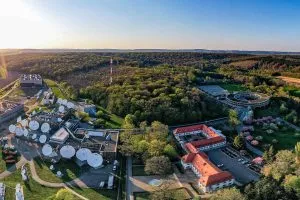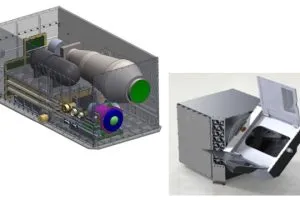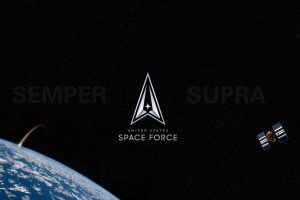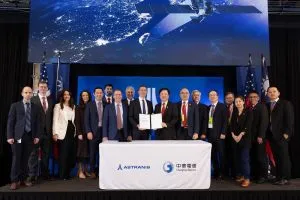The mission involves the 6GStarLab, a satellite designed to experimentally validate new communication technologies in space, contributing to the standardisation of NTN, which is crucial for advanced 5G evolution and future 6G.
The 6GStarLab (pictured) will enable i2CAT researchers and its ecosystem to validate technological developments in orbit, accelerating satellite network research and integration with terrestrial infrastructure.
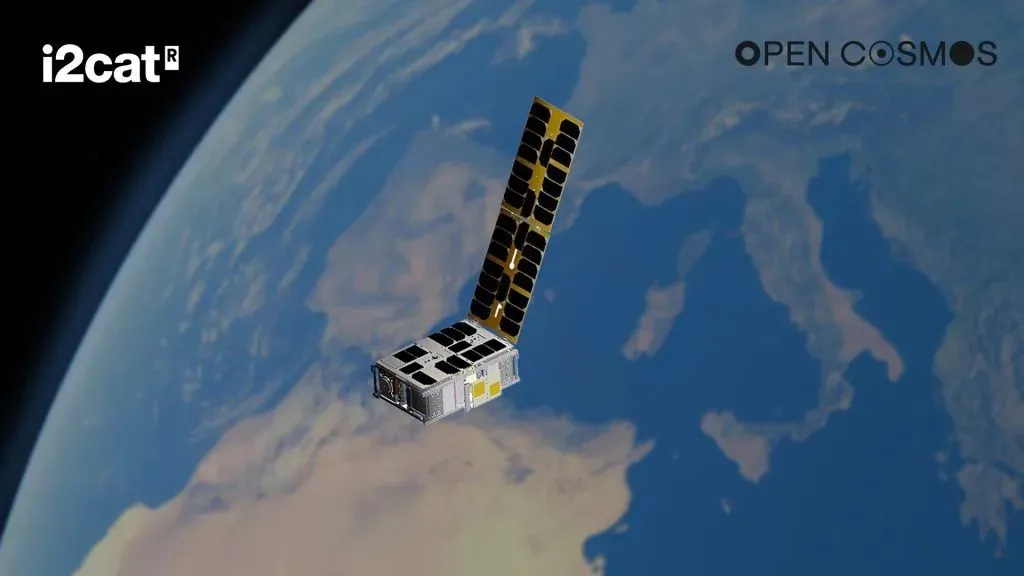
Specifically, the lab will facilitate the study and validation of virtualization techniques for satellite infrastructure and the evaluation of 6G communication frequencies using multi-frequency devices, and it will incorporate an optical terminal to enhance satellite-to-ground communications.
The 6GStarLab will function as an open, flexible testbed, allowing remote deployment and execution of experiments, fostering innovation in the emerging ecosystem working on terrestrial and non-terrestrial network interconnection.
“This initiative perfectly exemplifies how collaboration between companies, research centers, and institutions can accelerate 6G development, bringing space technology to the core of advanced and secure communications on Earth,” says Rafel Jordà Siquer, CEO of Open Cosmos
i2CAT has awarded a €1.65 million public contract to Open Cosmos for the design, manufacture, integration, launch, and deployment of the 6GStarLab satellite.
The satellite will include payloads designed by i2CAT and the Catalan company Microwave Sensors and Electronics (MWSE), developed through the 6GSatNet project, a space-to-ground optical communication laser terminal and a ground station by Transcelestial, a Singapore-based company. It will also include a set of radio-frequency communication antennas developed by the NanoSatLab group at the Polytechnic University of Catalonia (UPC).
The satellite is set for launch this October, with research operations beginning in early 2026.
 Electronics Weekly
Electronics Weekly
